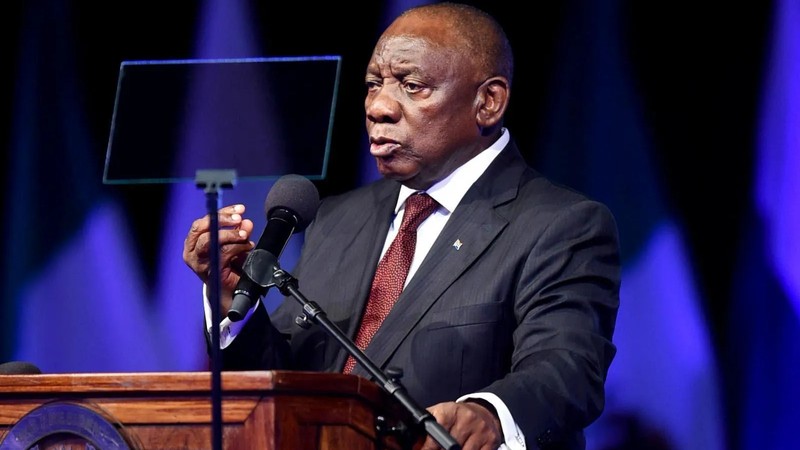Cyril Ramaphosa's bid to delay R167 million damages case raises concerns
The Gauteng High Court, Pretoria, will hear arguments in President Cyril Ramaphosa’s bid to delay the R167 million constitutional damages case brought by families of victims and survivors of apartheid-era atrocities on Wednesday.
The 25 families of victims and survivors of apartheid-era gross human rights violations identified by the Truth and Reconciliation Commission (TRC) hauled Ramaphosa and his government to court over the delays in investigating and prosecuting the criminal cases as recommended by the TRC.
In addition, the families of victims and survivors and the Foundation for Human Rights (FHR) wanted the government to establish a commission of inquiry into the delayed investigations and prosecutions.
Ramaphosa acceded to their demands in May before the matter was heard in court, but after settlement talks between the parties failed to reach an agreement on the issue of constitutional damages, among others, Ramaphosa and his administration reinstated their opposition to the families of victims and survivors and the FHR’s application.
The president now wants the matter to stay until the commission, chaired by retired Constitutional Court Justice Sisi Khampepe, that he established in May, is finalised.
He has asked the court to postpone, alternatively stay, the matter pending the outcome of the commission of inquiry into whether, why, and to what extent and by whom, efforts or attempts were made to influence or pressure SA Police Service (SAPS) members or the National Prosecuting Authority (NPA) to stop investigating or prosecuting TRC cases.
Ramaphosa also wants to delay the determination of whether any SAPS members or the NPA improperly colluded with such attempts to influence or pressure them.
Additionally, establish whether any action should be taken by any organ of state, including possible further investigations to be conducted or prosecutions to be instituted, where appropriate, of persons who may have acted unlawfully by attempting to influence or pressure SAPS members or the NPA to stop investigating or prosecuting TRC cases.
And whether members of the SAPS or the NPA colluded with or succumbed to attempts to influence or pressure such members to stop investigating or prosecuting TRC cases, and whether, in terms of the law and principles of fairness, the payment of any amount in constitutional damages to any person would be appropriate.
However, the families of victims and survivors and the FHR feel that there are, at best, slim chances of the present dispute being resolved outside of the court through the processes in the commission.
“Even if the slim prospects of such an outcome were to be realised, this would only take place in several years’ time,” they stated.
The present application is an inappropriate attempt by Ramaphosa and the government to persuade the court to delay the determination of a dispute between the parties pending the finalisation of extra-curial proceedings that are likely to run for a lengthy period.
“The president’s intended course of action would delay the finalisation of the constitutional damages, potentially by several years, which is not acceptable to the applicants (the families of victims and survivors and the FHR). They do not have the luxury of time to play with. Family members are now elderly and are dying,” reads their answering affidavit.
The families and the FHR added: “We have a right under law to have our claim for constitutional damages determined by a court, and while we remain open to professional mediation, we will not engage with the commission on this question.”
loyiso.sidimba@inl.co.za

